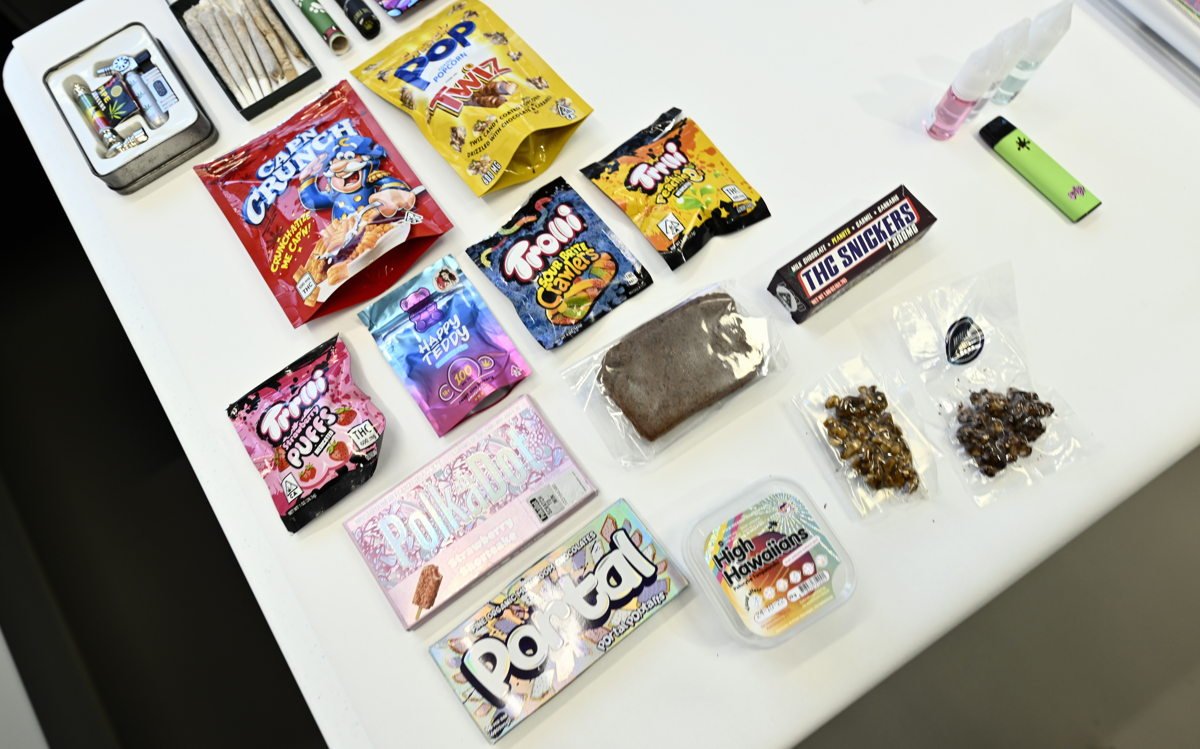Belgium Reports Surge in High-Dose MDMA Seizures at Music Festivals
Belgium’s National Institute for Criminalistics and Criminology (NICC) has reported a 30 percent increase in the seizure of high-dose MDMA tablets at summer music festivals compared to last year, revealing an increasingly “complex and dangerous” drug market.
NICC conducted 2,354 lab analyses of seized substances directly at festivals, utilizing mobile laboratories at Tomorrowland and Extrema Outdoor. While cannabis remains the most widely consumed illicit drug, MDMA, cocaine, and ketamine have become prominent within the party drug scene.
In total, authorities detected 31 psychoactive substances during the festival events. On-site testing has facilitated immediate alerts to law enforcement, emergency services, and event organizers, providing critical real-time information.
Concerns have been particularly raised regarding “pink powders” and narcotic-laden vapes, which pose significant risks to users.
First identified at Tomorrowland in 2022, these pink powders are known for their unpredictable composition, often containing less than half ketamine combined with unknown substances, complicating medical responses and risk assessments. Vapes also require extensive laboratory analysis to identify their contents.
Data gathered from festival testing feeds into a national early-warning system, coordinated with Sciensano, Belgium’s public health institution, and hospital emergency departments. This rapid intelligence enables preparedness for potential overdoses and provides prosecutors with scientific evidence in drug-related cases.
“Multidisciplinary preparation, operational cooperation, and evaluation of the festival are essential to achieving a shared experience of success,” stated National Drugs Commissioner Ine Van Wymersch.
Justice Minister Annelies Verlinden announced an additional €655,000 in funding to expand the NICC’s drug and toxicology services. This funding will primarily enhance staffing and resources dedicated to festival drug testing, reinforcing what Verlinden described as “science-informed justice.”
She clarified that the purpose of the data is not to normalize drug use but to mitigate health risks and inform policy decisions.
“It is about building knowledge, sharing data and safeguarding society against the dangers of an ever-changing drug market,” she added.
This investment follows prior funding for NICC’s ballistics unit, which has seen a rise in workload due to drug-related shootings and explosions in Brussels and Antwerp.
NICC Director-General Pierre Van Renterghem emphasized that the institute’s role is evolving from providing solely judicial expertise to a more proactive, science-based service aimed at enhancing public safety.
“On-site testing is about more than enforcement. It is about building knowledge, sharing data and safeguarding society against the dangers of an ever-changing drug market,” he said, reports 24brussels.








